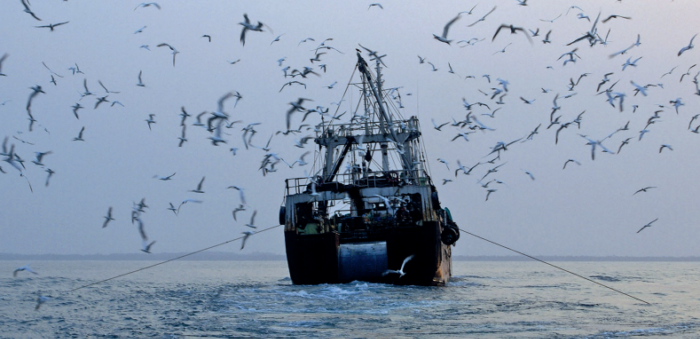The South Korea made a revision on its Distant Water Fisheries Development Act, which is already under progress in order to tackle illegal fishing. As the Environmental Justice Foundation along with a group of other NGOs noted, the revision allows deterrent sanctions to be forced quickly and efficiently.
Moreover, the group paid attention on the new head of a key agency which certifies seafood legality. The official was in post at the time that major errors were made. Specifically, in a recent case, South Korea failed to sanction vessels which were fishing illegally and instead allowed the owner to sell the catch on the international market.
The previous month, the U.S. set South Korea on the top list of countries involved in illegal fishing. A major reason for the listing came from the two Korean distant water fishing vessels which were fishing illegal back in 2017. While they also violated conservation measures of the Commission for the Conservation of Antarctic Marine Living Resources (CCAMLR), the international body created to protect marine life of the Antarctic.
Moreover, the government of South Korean gave its respond immediately by addressing the faults in the Distant Water Fisheries Development Act , which result it difficult to sanction vessels which were fishing illegal.
Through the law’s revision, authorities are now able to take action and do the right thing when finding a vessel which fishes illegally.
The government’s amendment was further praised by the Environmental Justice Foundation, the Citizens’ Institute for Environmental Studies and the Korean Federation for Environmental Movement.
Although, all of them made a wake-up call to the government, in order to make sure greater transparency in fisheries governance.
The publication of key information on vessels for instance license lists and full disclosure of any sanctions issued, will be the first step.
For the records, South Korea marks 221 licensed vessels in its fishing fleet, with an annual export of about 200.000 tons. Back in October 2018, it has also inked a joint statement with the E.U. in order to face the IUU fishing.
Concluding, South Korea has already nine vessels allowed to fish in CCAMLR convention areas, making it the largest number in comparison to any other regions. For the moment, the nation is leading the Standing Committee on Implementation and Compliance in CCAMLR.






























































